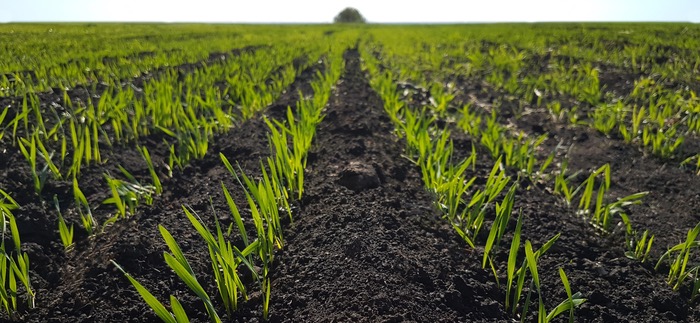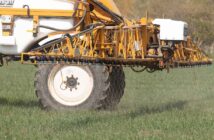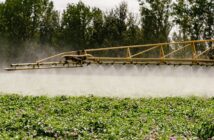NRM has published its annual soil summary report for 2021-2022, with consolidated data from thousands of soil samples across the UK. Results once again show that most soils (two thirds) are deficient in the key nutrients of magnesium, phosphorus and potassium, continuing a trend of almost 30 years.
Consolidated data
‘We’re using our summarised data this year to help farmers and their advisors understand why it’s important to analyse all year round,’ said Sajjad Awan, Agronomy Manager at NRM. ‘One key finding was that wheat crops had almost 10% less nitrogen and a quarter less phosphorus in spring 2022 than in 2021. We had a colder and drier spring in 2022, which prevented soil mineralisation, a necessary process that allows nutrients to be taken up by the crop. The situation was made even worse due to the soil moisture deficit during the hot and dry summer, which was then exacerbated by rapid crop growth. This is why crops couldn’t take up all they needed to thrive.
‘It’s important to keep an eye on weather conditions throughout the year, as you might need to make quick decisions to improve crop performance. This is all made easier with robust laboratory analysis, which reveals how your crops are doing and what you might need to change.’
Crop Check
CropCheck measures the nutrients cereal crops contain at key growth stages that coincide with the fertiliser application window. GrainCheck measures the nutrient levels in grain, which helps farmers calculate the actual crop offtake at harvest. Using both services together with soil analysis helps farmers make better decisions with each new season for optimal crop production and yield.
‘There are some fascinating trends already, and these truly demonstrate the importance of analysing throughout the year to adjust plans before it’s too late,’ continued Sajjad. ‘Not only does this help crop performance, but it also improves nutrient use efficiency. This helps protect our planet by reducing nitrate and phosphate losses to the environment, which can cause a lot of issues. Farming sustainably and transitioning to greener practices actually goes hand in hand with increased productivity. Using innovative crop analysis to guide our management decisions is a huge part of this.’
‘Cawood’s core values involve supporting sustainable food production and a safer, healthier planet,’ said Sean Stevenson, commercial director of Cawood Agriculture. ‘As the UK’s leading provider of agronomic analysis in the UK, Cawood is in a unique position to gather a large amount of soil and crop data for representative results. We are strong advocates of sharing this insightful information with the industry to help farmers meet their goals and transition to more sustainable practices.’




